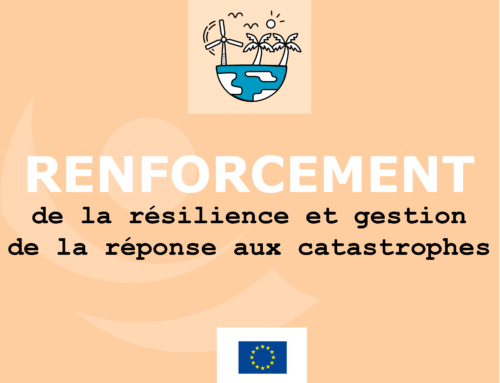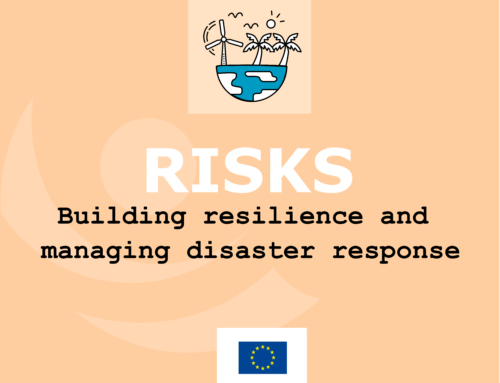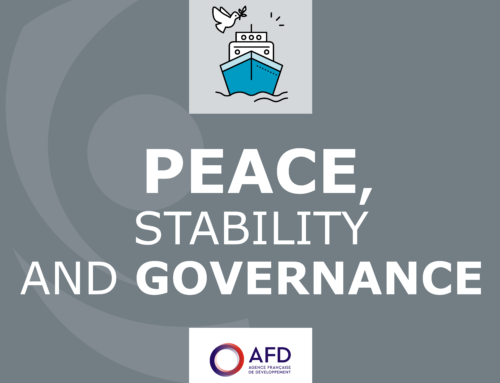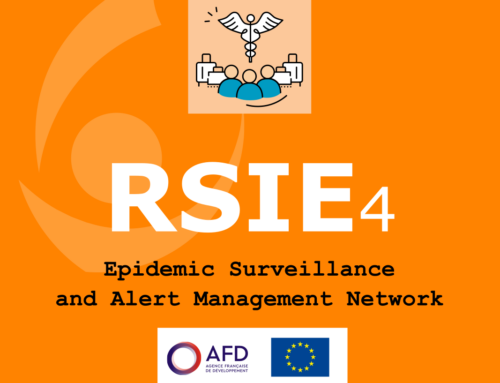Project Description
Supported by
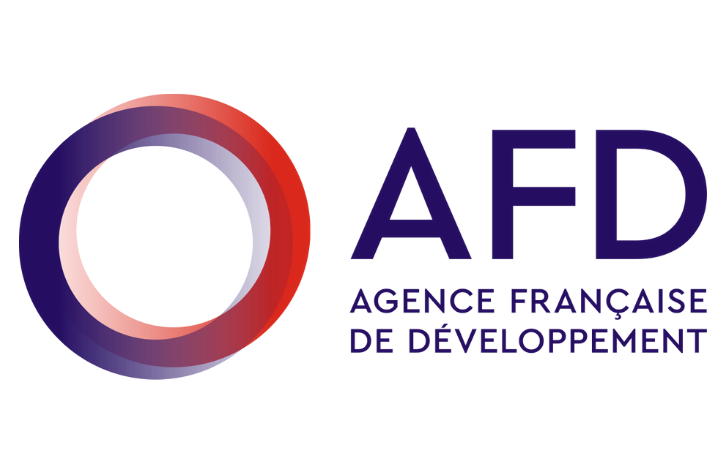

The project’s development objective is to strengthen the resilience and adaptive capacity of regional and national communities to the impacts of climate change in the island states of the southwest Indian Ocean.
The HYDROMET project is funded by the Agence Française de Développement and the European Union through the Intra-ACP ClimSA program. The IOC has also applied for co-financing from the Green Climate Fund.
IOC member countries are highly vulnerable to a wide range of weather and climate hazards, including floods, droughts, storms, tropical cyclones and storm surges. The region is already experiencing the effects of climate change, such as rising sea levels and more frequent heavy rainfall events. Added to this is the limited capacity and resources of IOC countries to prepare for and cope with increased variability and changing weather conditions.
Island states need better climate data and early warning systems to better plan adaptation to climate change in the region. The availability of this data will enable local governments to make the necessary adaptation decisions, in a variety of areas, but particularly in urban planning, economic sectors (tourism, agriculture, industry) and social sectors, helping highly vulnerable communities, including 28.8 million people who are directly or directly exposed in the region. The main benefits of the project are improved hydrometeorological equipment, knowledge and decision-making, better adaptation planning infrastructures, enhanced community resilience and reduced socio-economic losses.
Project components
- Strengthening climate, meteorological and hydrological monitoring networks ;
- Strengthening climate, meteorological and hydrological forecasting systems and service provision ;
- Strengthening national and regional capacities for climate modeling, forecasting and early warning systems.
















